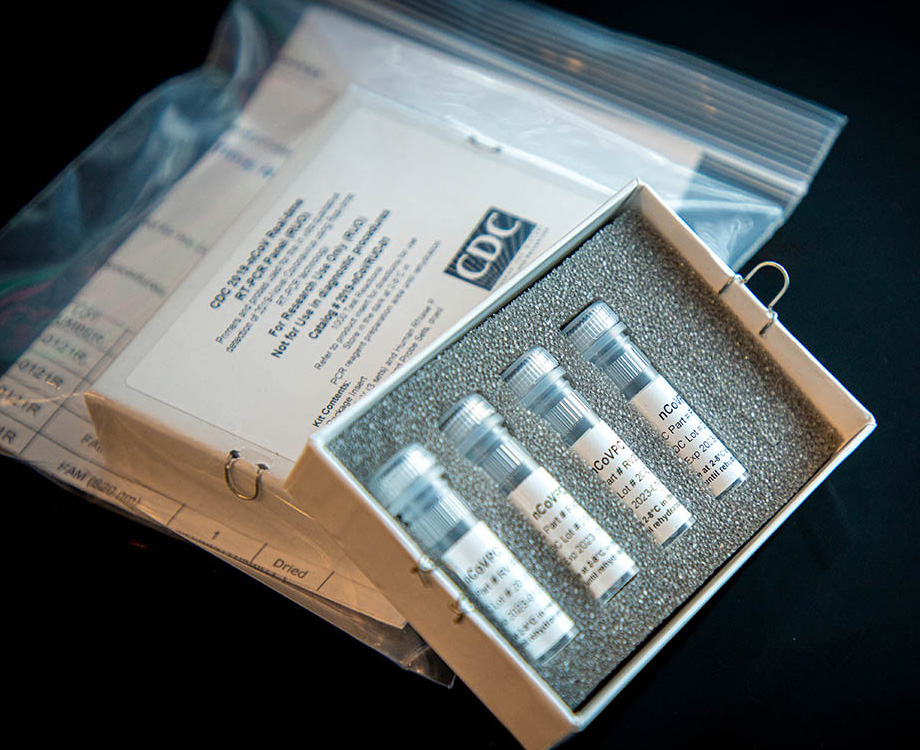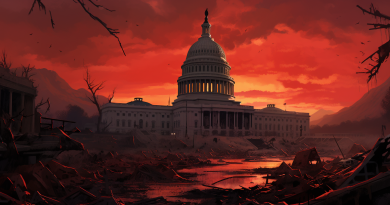COVID19 Has Become A Disaster And Demonstrates The Fallacy of Our Privatized Healthcare System

We’ve heard an increasingly disastrous string of news articles about the COVID19 outbreak from around the world. In the United States, the wealthiest country in the world, the situation would appear to be no better. States of emergency being declared in 13 states. Quarantines of entire towns. Shortages of testing kits. Patients stuck with massive bills after being denied a test. To make matters worse, the President has downplayed the novel virus from the get-go, calling it “[the Democrats’] latest hoax,” and the right wing media echo chamber has decried the response to the outbreak as mass hysteria by members of the nonexistent deep state, hell-bent on unseating the president as he tries to Make America Great Again. To be clear, the administration’s management has been disastrous. But they can’t take all the blame. Is it not perhaps time for us to admit that it is our entire healthcare system that is failing us?
Socialized medicine has many advocates in the likes of, among others, presidential hopeful Bernie Sanders, who was trounced last night by Joe Biden in several primaries, just hours after the latter went on an expletive-laden tirade against an autoworker in Michigan. Even economists are in favor of it. It’s a cornerstone of the Green New Deal. It’s also extremely popular with young voters, who have far higher medical costs than their parents’ generation did. Finally, it’s quite popular in, uh, other civilized countries that have a far lower per capita cost of healthcare and still have better human development indices.
Fox Business’ Trish Regan says coronavirus is a “scam” to “impeach the President”
— Breaking911 (@Breaking911) March 10, 2020
pic.twitter.com/YhP4hASDVW
LACK OF A SOCIAL SAFETY NET
There’s also the very real possibility that if you don’t have health insurance, you might just, well, die. Amid the national spread of COVID19, this has become a widespread concern among low-wage workers at places like Target or Wal-Mart, where the most economically susceptible workers, unable to take sick leave, are in close proximity on a daily basis with susceptible– or sick- shoppers. “I’m scared to lose my job and I’m scared to die,” the headline from Business Insider reads.
The onus is always on the worker. The argument? It’s “too expensive” to provide a safety net. “People will become lazy,” Republicans howl. “If we mandate medical, maternity, and paternity leave, everyone will want it!” (Narrator voice: That was the point). The idea behind a strong social safety net is one of a rising tide. The complete lack of one in the United States simply exacerbates inequality, which not only increases costs, but also has profound, negative implications for democracy itself.
LOWER COSTS, BETTER OUTCOMES
I’m neither an economist, nor a public health expert. But I can tell you that if our healthcare costs are the highest in the world, and other countries are able to provide better healthcare outcomes with lower costs– we might want to rethink what we’ve been doing. One need not even look at the balance sheets of the largest companies in the healthcare industrial complex to understand how much surplus is created on the provider side while the consumer gets screwed with ever-increasing premiums and costs.
There’s also the increasingly bizarre story of the Trump Administration blowing off the WHO’s testing apparatus in favor of instead contracting with a private company to develop their own. This may have delayed testing in the United States by weeks at a crucial time when the outbreak may well have been able to be contained.
If any of these facts were not already enough of a case, the threat of COVID19 becoming a full-blown, global pandemic is as good an opportunity as any to make sure that we develop a healthcare system that takes care of every citizen.





